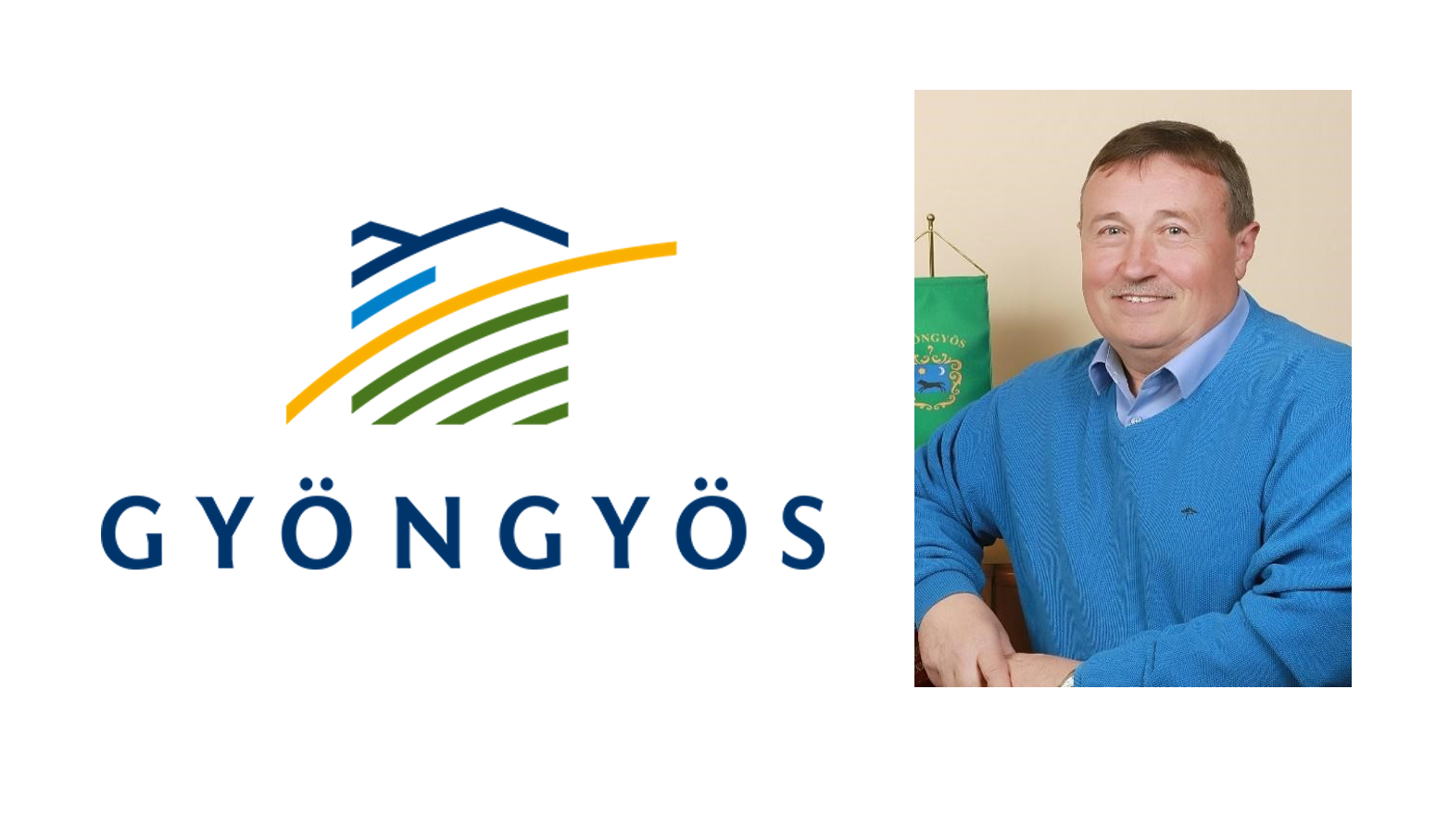Situated 80 km east of Budapest and with a population of about 30,000, Gyöngyös is Efus’ newest member. We met with Mayor György Hiesz.
Why did the City of Gyöngyös choose to join the European Forum for Urban Security?
The leadership of Gyöngyös places great emphasis on guaranteeing the security of citizens. The municipality introduced a number of innovative solutions in the past few years. For example, we developed and installed our video-surveillance system, which makes it possible to quickly and efficiently spot motor vehicles by number plate or individuals whose behaviour appears as suspicious. These innovations respond to local issues and the needs of citizens.
However, we consider it very important to channel international and European experiences into local security policy planning. We are keen to find common points of interest with other Efus member local authorities in order to facilitate a constant and mutual flow of innovative practices to sort out common problems. Efus contacted us at the end of last year and in light of their objectives, activities and offer of services, we were convinced that Gyöngyös could largely benefit from joining.
What would you say is the added value of working with other local and regional authorities at the European and international level?
Hungary has been a member of the European Union (EU) since 2004, which means that the EU has become our home in a wider sense. I believe, from a practical point of view, that active participation in building common knowledge and disseminating it to local communities is the best way to benefit from our EU membership. This principle is also valid concerning urban security topics. I am sure that belonging to an efficient professional network such as Efus will contribute to the development of Gyöngyös. Conversely, I do hope that our local practices will be of value for the Efus community.
What are the main security challenges faced by your City?
We face different types of challenges but we always do our best to overcome them in a cooperative and inclusive manner. One of them is linked with the living conditions of Roma residents. The main problems this community is faced with are substance abuse, notably new psychoactive drugs, regular breaches of sanitation rules and illegal waste disposal. Further problems that are also related to crime committed by certain members of this group of population and that need effective solutions are the lack of proper education, illiteracy and unsustainable social and housing conditions.
Regarding crime, another factor that fuels violent tendencies is the fact that our population is ageing: about a third of local citizens are over 65. Unfortunately, it is primarily elderly citizens who fall victim to crime.
Another issue is the consequences of the recent acts of war in Ukraine, which are visible in Gyöngyös. We are providing accommodation for refugees in municipal buildings, and with the prolongation of the armed confrontation, we predict that even more Ukrainian refugees will need help in the long run. Their integration in the local community has both a social and a security aspect.
A third key issue is domestic violence, especially violence against women and children. It is indispensable to act to prevent it, especially because it is rarely reported and there is consequently a high latency. Innovative methods are needed to prevent and mitigate acts of domestic or gender based violence, and we are keen to gain knowledge on other European cities’ inspiring practices and experiences.
Your city is interested in the nexus between security, climate change and polarisation, as the effects of climate change can particularly affect vulnerable groups. What is the situation in Gyöngyös and what does the municipality do to prevent the harmful social effects of climate change?
Gyöngyös has developed a Climate Protection Strategy to curb the negative effects of climate change. The municipality is currently drafting its Sustainable Town Development Strategy with a special emphasis on the use of geothermal energy, public space greening and providing the conditions for sustainable water management. The long-term objective is to make Gyöngyös self-sustaining and climate neutral.
Climate change is a global phenomenon that requires global and strategic solutions. However, we think that, as with other international and European matters, lasting changes can only be truly effective if they are enacted at the level of local communities and take into account their ideas, priorities and suggestions. Our local climate protection strategy serves the needs of our citizens, including marginalised groups. One example of such an approach is the provision of clean, affordable energy: it is not only beneficial for the environment, but also, from a social point of view, for citizens on low income. As such, it can also contribute to lowering crime rates. Attaining our climate protection objectives also has a positive financial and health-related impact on the everyday lives of elderly people.
What is the main issue in your town that you would wish to present to European authorities via Efus?
As I previously outlined, crime, whose victims are mostly the elderly citizens and which is rooted in the marginalisation of the Roma population, poses a demanding security challenge to Gyöngyös. This is a multifaceted problem caused by many factors. Of these, I would highlight our limited financial resources in the first place. Our municipal budget is not sufficient to provide effective and tangible solutions, and we definitely need European support in this respect. Local governments are best placed to use European financial support in the most agile, sensible and targeted manner due to our proximity to citizens on the ground. We deeply understand local specificities and therefore are the first to detect areas that need immediate local intervention.




